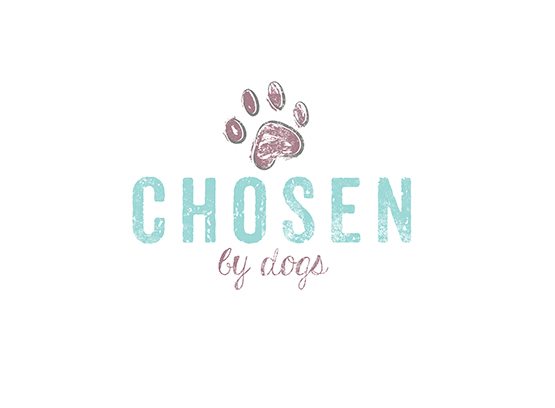Do Dogs Need Dietary Supplements?
Commercially manufactured dog food should contain everything your dog will need to maintain a healthy and balanced diet, but you should always bear in mind what our dogs do from day to day. This is a highly controversial and subjective topic so please take it as a starting point only. We cannot cover all the merits of foods in one blog!
The Canine Athlete
Just as human athletes select specific foods to put the correct type of fuel in their bodies, we should also consider the wide variety of activities that dogs are involved in. There will also, unfortunately, be times when your dog is recovering from illness or injury and they may benefit from a boost of vitamins, minerals or both to help their recovery along.
Don’t think that this involves buying expensive supplements, because the boost your dog needs can usually be found in food.
Vitamins A and D are plentiful in eggs, so a boiled egg every few days will provide sufficient of these vitamins to help things.
Raw Veg
Raw carrots are a plentiful source of vitamins B1, B2, B6, C and E. They also contain manganese, niacin, vitamin K and other substances essential to good health. The extra bonus is that most dogs love raw carrot, so there’s no need to cope with the resistance that some dogs have to taking pills and capsules.
Liver is also rich in vitamins B and K. Vitamin K will boost your dog’s blood-clotting capability, which means that a dog with a skin puncture or tear injury will stop bleeding more quickly.
Whole grains, leafy greens and beans are all excellent sources of multiple vitamins, so consider them as an option if your dog is a little under par or in post-op recovery.
Glucosamine is essential for strong and healthy joints, but there are no food sources that contain it. Glucosamine is usually extracted from crustacean shells, although there are also vegetarian sources of synthetic glucosamine manufactured using fermented grains.
Supplementary glucosamine will be absorbed most effectively when a diet is rich in manganese and vitamin C.
As always, if you’re considering supplementing your dog’s diet for any reason, have a chat with your vet. He or she will be an excellent source of information both about what will benefit your pet and any potential side effects to watch for.

